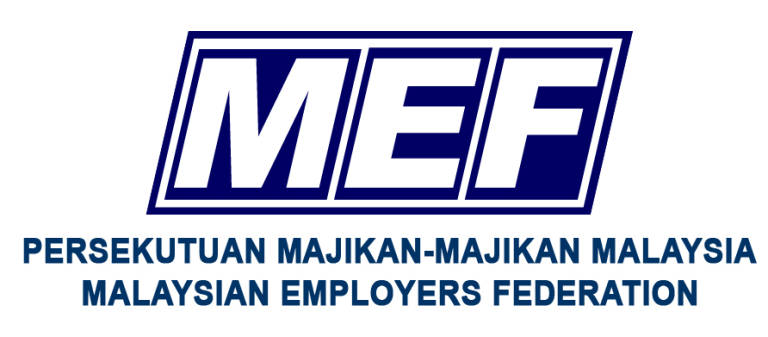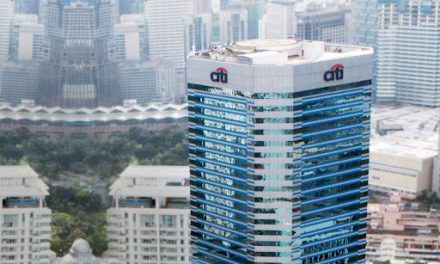KUALA LUMPUR | The Malaysian Employers Federation (MEF) found that fewer employers will be granting salary increments to their employees this year as compared to last year, based on the 2019 MEF Salary Surveys for Executives and Non-Executives.
The surveys were participated by 252 companies from manufacturing and non-manufacturing sectors, covering 151 benchmarked positions of 18,782 executives and 109 benchmarked positions of 48,098 non-executives.
At the launch of the report today, MEF president Tan Sri Azman Shah Haron said 88.3% of respondents said they would grant salary increases to executives in 2019, which is lower than 92.4% of employers in 2018. In contrast, 87.6% of employers said they would be granting increments to non-executives, compared to 92.7% in 2018.
“The lower percentage of employers granting increments might indicate that businesses may not be doing well,” said Azman Shah.
However, the average salary increase for executives and non-executives in 2019 were higher, at 5.15% and 4.96% respectively, as compared to 4.88% for both in 2018.
For 2020, the overall average forecasted salary increase for executives is lower year-on-year at 5%, while non-executives are expected to see a higher average increment of 5.01%.
In terms of bonus payments, 78% of respondent companies granted bonus to all executives in 2019, similar to the percentage seen in 2018. For non-executives, the figure is slightly lower at 76.8% of employers, compared with 78.7% in 2018.
Average forecasted bonus for executives stood at 1.9 months for 2020, similar to 2019, while the average bonus for non-executives is slightly higher at 1.79 months versus 1.67 months in 2019.
Besides the two salary surveys, MEF launched two other publications today, namely the MEF Man-Days Lost & Absenteeism Survey 2019, and the MEF Analysis of Collective Agreements and Awards on Terms and Conditions of Employment 2018.
The absenteeism survey found that a total of 10.7 million days were lost due to sick leave from June 1, 2018, to May 31, 2019, translating to an estimated cost of RM20.71 billion to companies.
The survey also found a higher frequency of absenteeism in the periods before and after public holidays and festivals, with 82.9% of employers reporting this.
Meanwhile, 79% of employers said their employees were likely to be absent before and after their rest day, and 42.9% said employees tend to skip work after submitting their letter of resignation.









